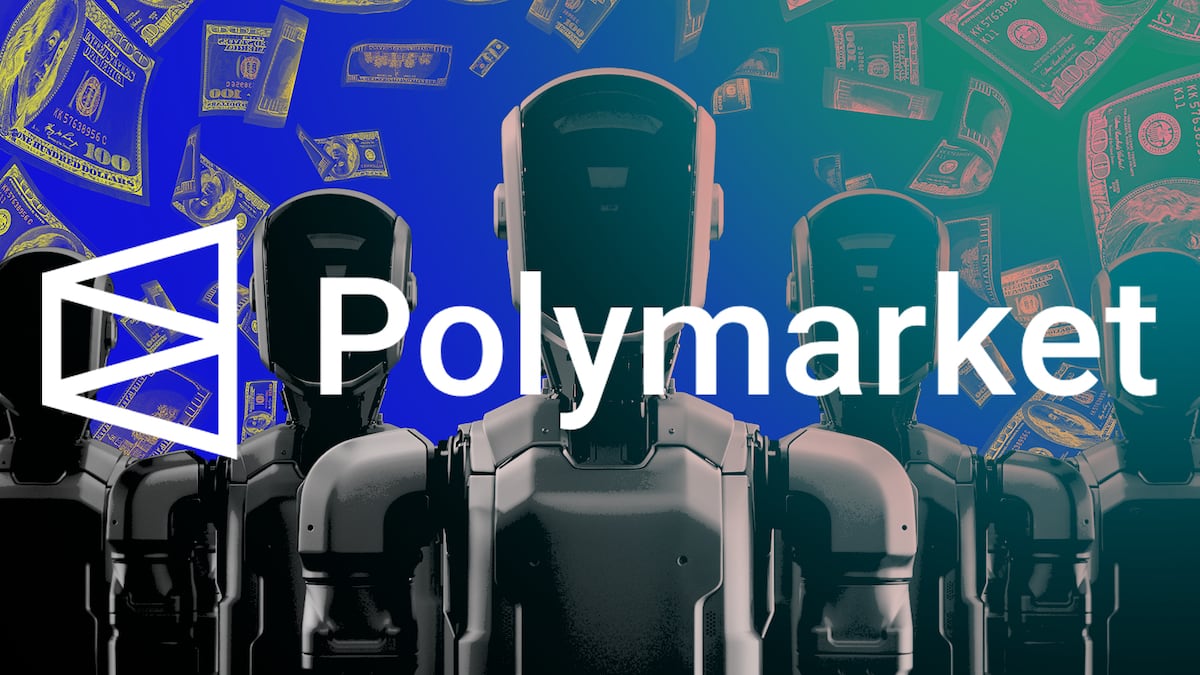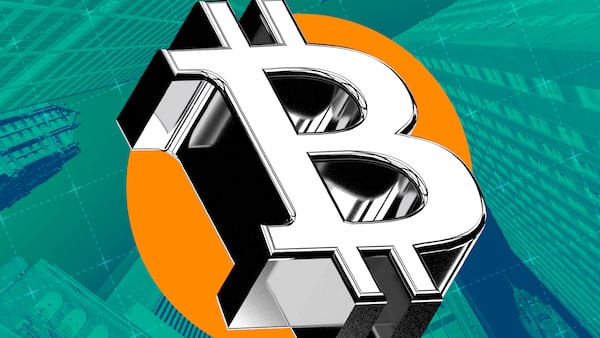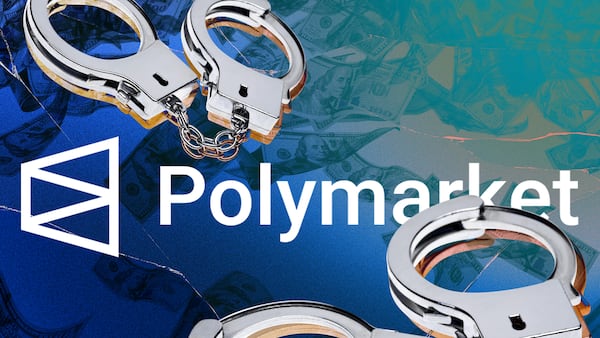- Polymarket arbitrageurs made $40 million in a year, study finds.
- The biggest accounts appear to be bots.
- Politics predication markets were the most popular for arbitrage.
Bot-like bettors on top prediction platform Polymarket have squeezed users for millions of dollars over the past year by taking advantage of mispriced bets.
That’s according to a study from Oriol Saguillo, Vahid Ghafouri, Lucianna Kiffer, and Guillermo Suarez-Tangil, researchers at the IMDEA Networks Institute, a research organisation looking at data networks.
Polymarket is a crypto-based prediction market where users can bet on future events.
The group analysed 86 million bets across thousands of prediction markets between last April, and this April. They found hundreds of users exploiting mispriced wagers to generate risk-free profits at the expense of other participants.
The amount extracted through these so-called arbitrage trades totalled almost $40 million. In betting, arbitrage refers to a bettor exploiting mispriced bets to generate a profit without exposing themselves to the risk of the bets going against them.
“We see some very big players with bot-like behaviour in the number of bids they participate in,” the researchers said in the study, uploaded to arXiv, an open-access repository for scholarly articles, on August 5. The study has not yet been peer-reviewed.
The top three wallets the researchers looked at placed over 10,200 bets combined in the one-year period, profiting $4.2 million. Most financial arbitrage with such a high frequency of trades, or in this case bets, is conducted through automated programmes.
Blockchain-based prediction markets like Polymarket soared in popularity during the 2024 US presidential election, when monthly bet trading volume peaked at more than $2.6 billion.
They differ from traditional betting platforms by letting market forces continually set the odds for bets, creating arbitrage opportunities.
Traditional betting platforms, where the odds are set by the platform itself, actively try to prevent arbitrage bets like those the researchers identified on Polymarket.
How it works
Polymarket lets users place bets on the outcomes of certain events, like who will become the next US president. Users can buy shares in a given outcome, priced between $0.01 and $1, corresponding to 1% and 100% respectively, depending on how likely the given outcome is.
Normally, the likelihood of all potential outcomes for a prediction market should add up to 100%. However, due to market forces, sometimes share prices briefly add up to more or less than 100%, allowing expert traders to buy or sell shares and lock in small, risk-free profits.
The researchers identified two distinct types of arbitrage trade: those that occur within a single market, and those that span multiple markets.
Extreme inefficiencies
The researchers found arbitrageurs realised the most profits from inefficiencies in markets relating to politics, specifically those concerning the 2024 US presidential election.
Sports bets had overall more arbitrage opportunities than any other type of prediction market. The researchers said sports market arbitrage opportunities were smaller than those in politics markets, which may explain why arbitrageurs didn’t exploit them as much.
Most instances of arbitrage the study identified generated small profits of between 1% and 5%. However, the researchers also identified rare examples of extreme market inefficiencies that resulted in outsized profits.
In one example, a user was able to simultaneously purchase both yes and no shares for a prediction market for less than $0.02 each, resulting in a profit of almost $59,000.
“This phenomenon arises when prices are mismatched with real-world probabilities, creating an opportunity to exploit the discrepancy,” the researchers said.
More arbitrage
The study focused primarily on prediction market opportunities where arbitrageurs were guaranteed to profit.
But there may be even more kinds of arbitrage taking place, the researchers said. One example is when the outcome of a preliminary market, like a sports team winning a semifinal match, influences a subsequent market, such as one asking if the same team will win the final.
The researchers also noted that prediction market arbitrage is still largely unexplored, and that as platforms like Polymarket become more popular, the amount of arbitrage happening on them is likely to increase.
“As arbitrageurs develop more specialised strategies, akin to those observed in decentralised finance automated market makers, we anticipate an increase in dependent markets emerging as part of these strategies,” the researchers said.
Tim Craig is DL News’ Edinburgh-based DeFi Correspondent. Reach out with tips at tim@dlnews.com.









